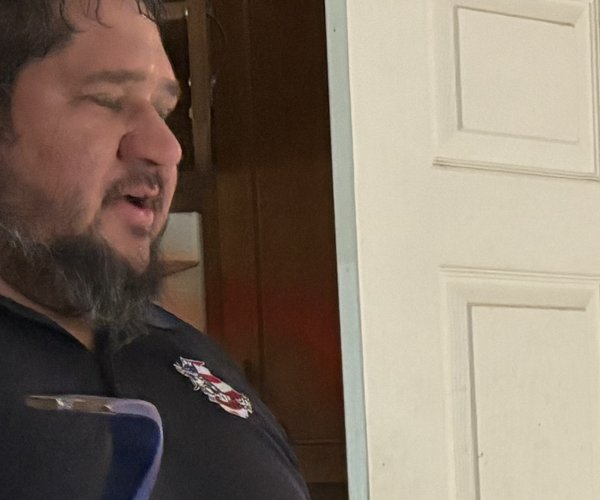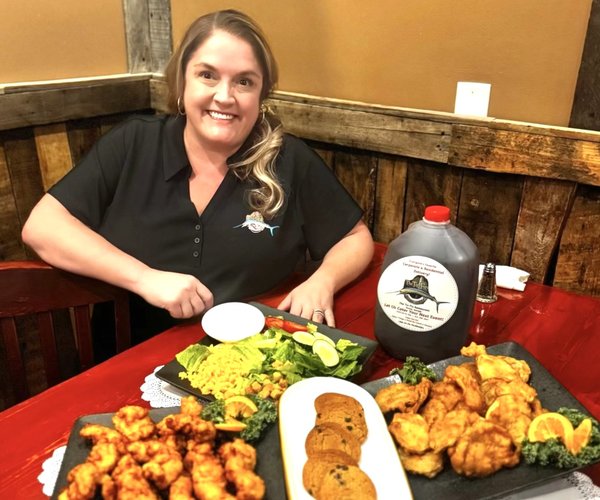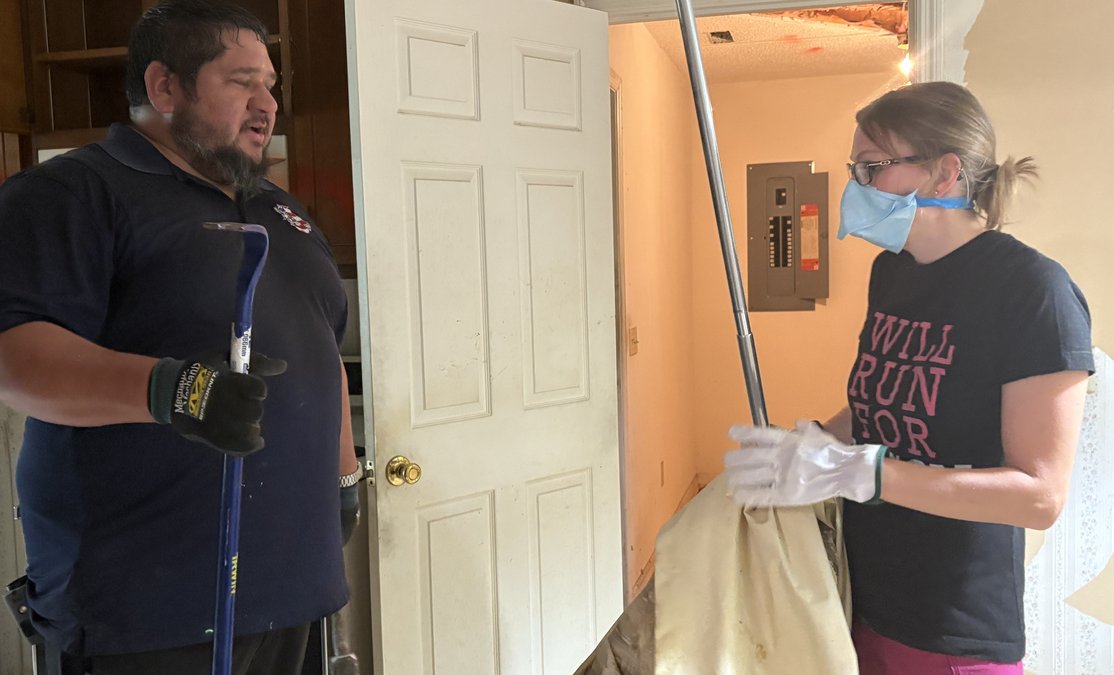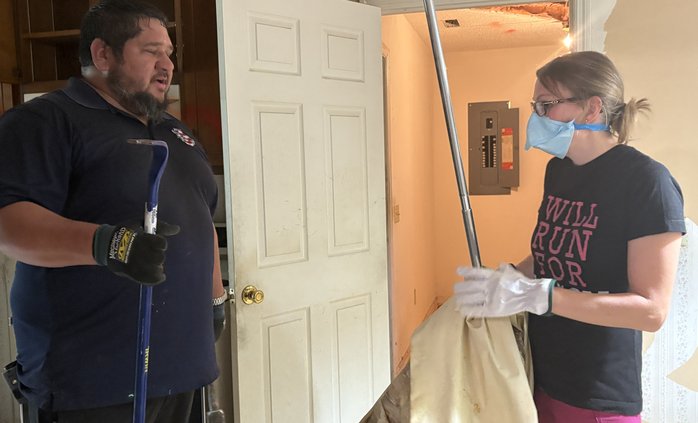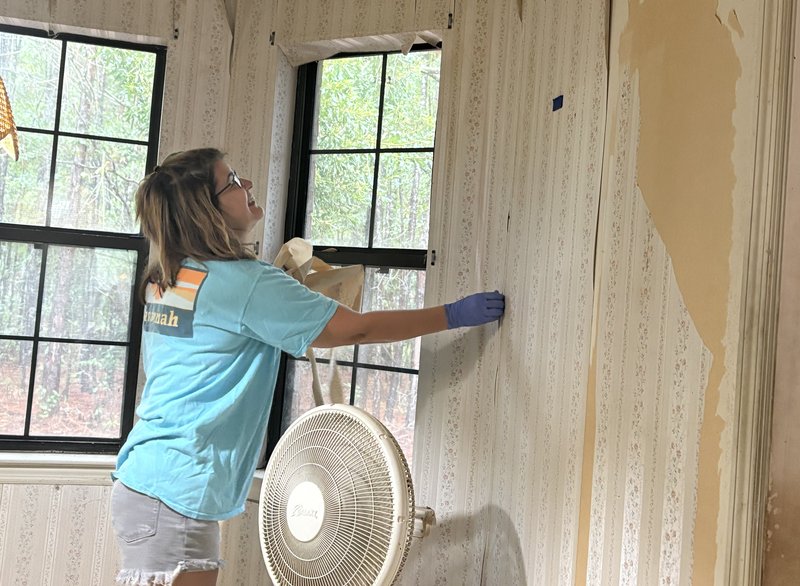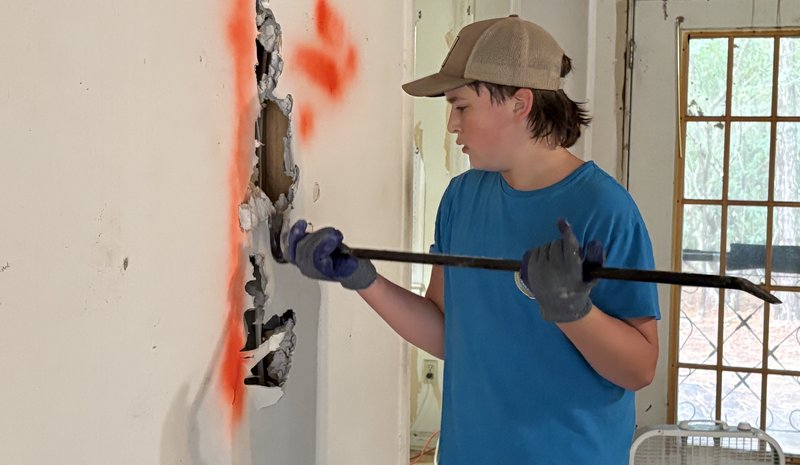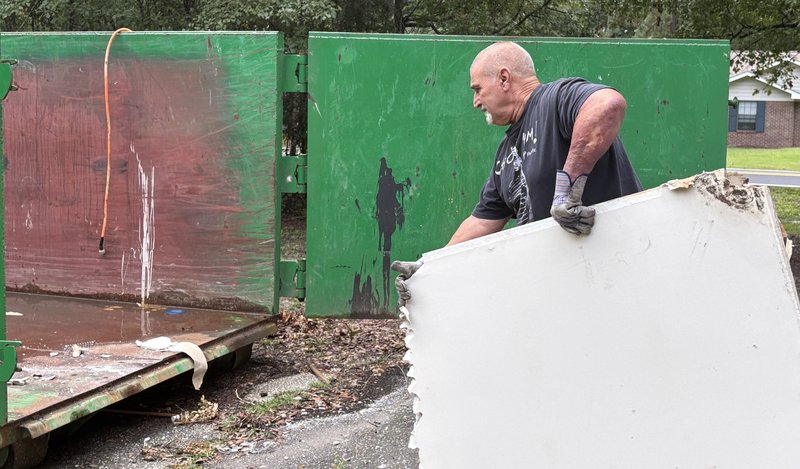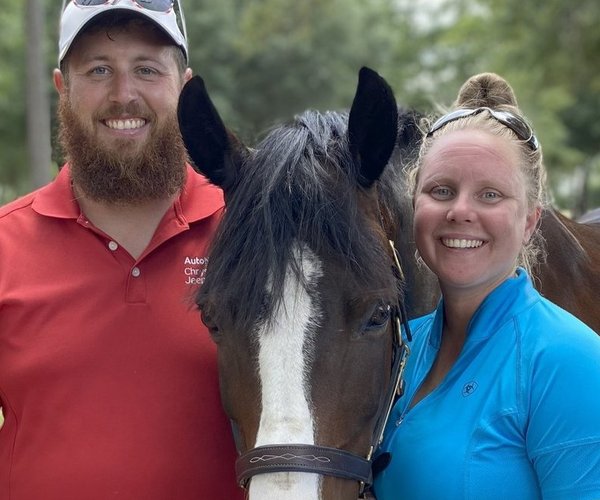Effingham County Farm Bureau President Stuart Exley traveled to Atlanta on Feb. 14 to participate in Georgia Farm Bureau Day at the Capitol.
While at the Capitol, Exley visited with state Sen. Jack Hill and Rep. Ann Purcell.
Exley was among more than 500 Farm Bureau members from across the state to participate in the event. Participants were encouraged to raise legislators’ awareness of GFB’s 2012 priority issues — water, taxes and budget, animal agriculture, metal theft and farm labor.
"Georgia Farm Bureau representatives are here every day during the session, working the issues important to Georgia agriculture, but when 500 people leave their farm on their dollar to give their time to talk about the issues that we’ve been talking about all during the session, it puts a force behind it," said GFB President Zippy Duvall. "The representatives and senators up here realize we’re speaking for a lot of people."
Gov. Nathan Deal spoke at the luncheon, praising GFB for being a cohesive element in the state’s social fabric. Deal discussed a variety of topics, including recently announced education initiatives, steps the state is taking to improve health, taxes and emerging overseas markets for Georgia agricultural commodities.
Deal pointed out that pine trees grown in Georgia are now being used to generate electricity in the European Union, noting that the venues at the London Olympics this summer will be lit using energy generated through the use of Georgia pine tree pellets.
Deal also discussed the ongoing challenges Georgia faces with its water supply, praising farmers for their willingness to participate in various water-related conservation and measurement projects being conducted by the state. "I am working hard to get this water war over with," Deal said. "It is being used as a negative tool against us in the recruiting of businesses, because most businesses when they come are going to want to know that there is an adequate water resource, especially if they are manufacturers, and that is the kind of new business and new jobs we are looking for."


